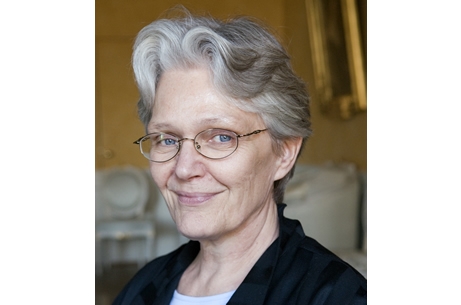
Margareta Wahlstrom to speak on disaster mitigation.
The UN’s Assistant Secretary-General for Disaster Risk Reduction will talk about how to limit the impact of natural disasters in a lecture this week.
Margareta Wahlstrom will give the first Gates Distinguished Lecture of 2011 on 16th February on UN efforts to reduce the impact of natural disaster through both improving disaster preparedness and the global response to disasters.
The International Strategy for Disaster Reduction, adopted by the UN Member States in 2000 and headed by Wahlström, includes the Hyogo Framework for Action devised in the aftermath of the 2004 Indian Ocean tsunami. Its aim is to “…strengthen disaster response preparedness at all levels, and ensure that disaster risk reduction is a national and a local priority, rooted within the key government institutions”.
Wahlström says climate change is now the principal source of risk for natural disasters.
“We look forward with great interest to hearing from Ms. Wahlström,” says Nathan Benaich, External Officer of the Gates Scholars Council and organiser of the Distinguished Lecture Series. “Her seminal contributions to addressing the major global problem that is natural disaster prevention and risk management are most inspiring to the Gates Scholars, many of whom are directly involved in solving this problem. Moreover, Ms. Wahlström’s work represents a central tenet of the Gates Cambridge Scholarships: the importance of using one’s knowledge and talents to improve the lives of others throughout the world.”
The Lecture, which is open to all members of the University and their guests, begins at 6:30 pm (GMT) on Wednesday, 16th February in the Queens Lecture Theatre of Emmanuel College, Cambridge.












